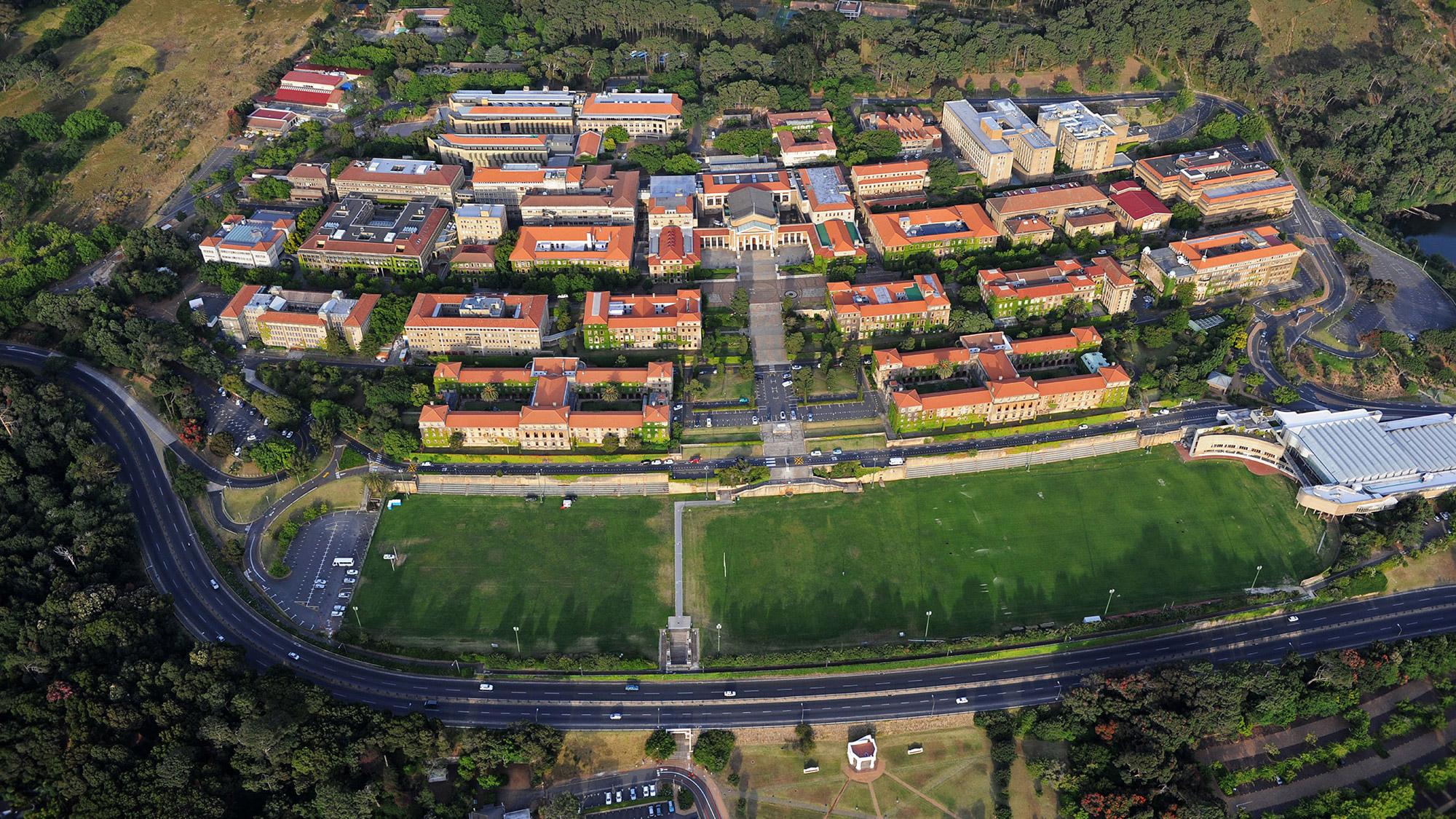The Number 1 University in Africa in 2025: University of Cape Town
When it comes to identifying the number 1 university in Africa, one institution consistently rises above the rest: the University of Cape Town (UCT). Located in South Africa, UCT has solidified its reputation as the continent’s leading academic powerhouse, blending a rich history, cutting-edge research, and a stunning campus setting.
Why UCT is Africa’s Top University
The University of Cape Town has claimed the title of Africa’s best university in the Times Higher Education (THE) World University Rankings 2025, released on October 7, 2024, cementing its dominance with a global rank of 155. This ranking evaluates over 2,000 institutions across 115 countries, using 18 performance indicators spanning teaching, research environment, research quality, industry engagement, and international outlook. UCT’s consistent excellence has made it a beacon of higher education, not just in South Africa but across the continent.
Key Highlights
- Founded: 1829 (as the South African College, becoming a full university in 1918)
- Location: Cape Town, Western Cape, South Africa
- Campus Size: Approximately 543 hectares, including its iconic mountainside setting
- Student Population: Over 29,000 students (as of 2024, per UCT’s annual report)
- Global Ranking: 155 in THE World University Rankings 2025
- African Ranking: 1st in multiple systems, including THE and QS World University Rankings 2025
A Legacy of Excellence
UCT’s journey began nearly two centuries ago in 1829, making it the oldest university in South Africa. Initially established as a boys’ school, it evolved into a university in 1918, reflecting its growth into a world-class institution. Nestled at the foot of Table Mountain, a UNESCO World Heritage site, UCT’s campus offers unparalleled natural beauty, often cited as one of the most picturesque university settings globally (Times Higher Education, 2025).

The university has played a pivotal role in shaping African intellectual and political history. Notable alumni include Ralph Bunche, the first African American Nobel Peace Prize winner (1950), and Max Theiler, who won the Nobel Prize in Physiology or Medicine (1951) for developing a yellow fever vaccine. These achievements underscore UCT’s legacy of producing global leaders.
Academic Prowess: Facts and Figures
UCT’s academic excellence is backed by robust statistics and a diverse offering of programs across six faculties: Commerce, Engineering & the Built Environment, Health Sciences, Humanities, Law, and Science. Here’s a deep dive into the numbers:
Enrollment and Diversity
- Total Students: 29,000+ (2024 data, UCT Annual Report)
- Undergraduate Students: Approximately 18,000
- Postgraduate Students: Over 11,000
- International Students: 18% of the student body, hailing from over 100 countries (THE Rankings 2025)
- Student-to-Staff Ratio: 11:1, ensuring personalized education (QS Rankings 2025)
Research Output
- Research Publications: UCT faculty produce over 2,500 academic papers annually, contributing to a citation impact that ranks it 1st in Africa (EduRank 2025)
- Citations: More than 1.2 million citations across its research portfolio (Scimago Institutions Rankings 2025)
- Research Centers: Over 40 specialized units, including the African Climate and Development Initiative
Graduation Stats
- Annual Graduates: Approximately 7,200 students graduate each year
- Employability: 85% of UCT graduates secure employment within six months (UCT Career Services, 2024)
UCT’s research prowess is further evidenced by its leadership in fields like astronomy (home to the Southern African Large Telescope collaboration) and infectious diseases, notably during the COVID-19 pandemic when its scientists contributed to global vaccine research.
The Campus: A Blend of Nature and Innovation
UCT’s main campus, known as Upper Campus, sits on the slopes of Devil’s Peak, offering sweeping views of Cape Town and the Atlantic Ocean. Spanning 543 hectares, it includes satellite campuses like the Hiddingh Campus (arts) and Groote Schuur Campus (medicine). Key features include:
- Jameson Hall: A neoclassical centerpiece built in 1918, hosting major events.
- Smuts Hall: One of 26 residences, housing over 6,000 students.
- Libraries: The Chancellor Oppenheimer Library holds over 1.3 million volumes, one of the largest collections in Africa.
The campus’s integration with nature—flanked by Table Mountain National Park—earned it a spot among the world’s most beautiful universities (THE, 2025). Sustainability efforts include a 40% reduction in carbon emissions since 2015, aligning with global green initiatives.
Global and Regional Impact
UCT’s influence extends far beyond South Africa. It ranks 1st in Africa in the QS World University Rankings 2025 (position 171 globally) and outperforms competitors in key metrics:
- International Outlook: Scores 90.2/100 for its diverse staff, students, and research collaborations (THE 2025)
- Research Quality: Leads with a citation impact 20% above the world average (EduRank 2025)
- Industry Engagement: Partnerships with firms like Siemens and Anglo American bolster its score of 85/100 (THE 2025)
Compared to peers like Stellenbosch University (ranked 283 globally) and University of the Witwatersrand (ranked 301-350), UCT’s broader international footprint and research output secure its top position.
Student Life: A Vibrant Community
With over 200 student societies, UCT offers a dynamic experience:
- Cultural Groups: From the UCT Choir to the African Dance Society
- Sports: 27 sports clubs, including rugby and rowing, with teams competing nationally
- Activism: A history of anti-apartheid protests continues with modern advocacy for climate justice
A 2024 UCT survey found that 91% of students rated their campus experience as “excellent” or “very good,” reflecting its nurturing environment.
Statistical Comparison with African Rivals
Here’s how UCT stacks up against other top African universities in 2025:
| University | THE Rank 2025 | QS Rank 2025 | Students | Research Papers/Year | International Students |
|---|---|---|---|---|---|
| University of Cape Town | 155 | 171 | 29,000 | 2,500+ | 18% |
| Stellenbosch University | 283 | 283 | 32,225 | 1,200+ | 22% |
| University of Witwatersrand | 301-350 | 267 | 40,000 | 1,800+ | 10% |
UCT’s edge lies in its balanced excellence across teaching, research, and global engagement.
Conclusion: UCT’s Unrivaled Reign
The University of Cape Town stands as Africa’s number 1 university in 2025, a title earned through academic rigor, a breathtaking campus, and a global impact that resonates far beyond the continent. With 29,000 students, 2,500+ annual research papers, and a ranking of 155 worldwide, UCT is more than an institution—it’s a symbol of African excellence. Whether you’re a student, researcher, or education enthusiast, UCT’s story is one of inspiration and achievement.
Share This





